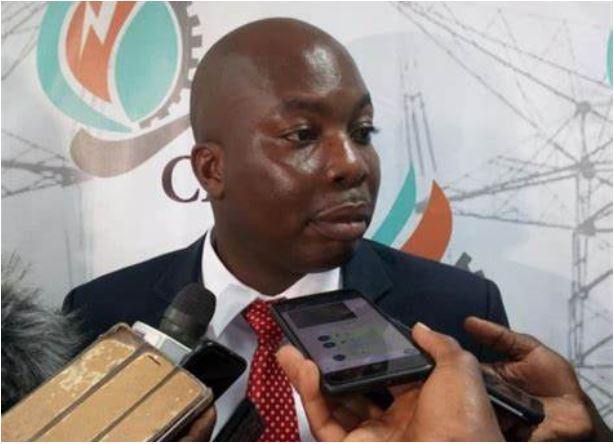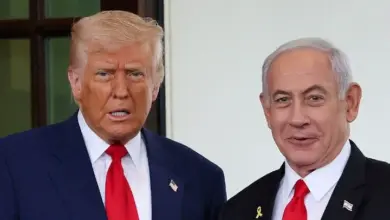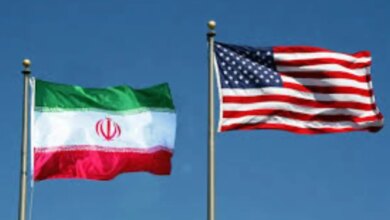Prioritise Keta Port Development in Ghana’s 2026 Budget


Dr. Elikplim Kwabla Apetorgbor
As Ghana advances toward economic recovery and regional competitiveness, the strategic importance of infrastructure investment cannot be overstated. Among the many critical projects awaiting renewed national commitment, the Keta Port Development stands out as a transformational venture whose progress has been unacceptably stagnant since 2017.
Apart from the project office and preliminary container facilities, no significant physical works have occurred on site for nearly eight years. Yet, the vision behind the Keta Port, creating an integrated maritime and logistics hub in the Volter and eastern corridor, remains as economically compelling today as when it was first conceived.
The Keta Port is not merely another infrastructure project. It is a strategic economic catalyst capable of unlocking multiple growth corridors—from manufacturing and export processing to logistics and fisheries. Its location offers a unique comparative advantage, sitting closest to Togo’s Lomé port and within reach of major regional markets in Benin, Nigeria, and Burkina Faso.
Developing the port will help Ghana capture trans-shipment and logistics traffic currently lost to neighboring countries, while stimulating local industry and job creation across the Greater Accra,Volta, Eastern and Oti regions.
Ghana’s two main ports, Tema and Takoradi, are already approaching logistical saturation, with high cargo volumes and increasing turnaround times.
The absence of a third operational deep-sea port limits our ability to absorb projected trade growth from the AfCFTA (African Continental Free Trade Area).
A fully developed Keta Port would complement Tema and Takoradi, enabling a more balanced national port system, decongesting transport corridors, and improving resilience in maritime trade management.
To actualise this potential, the 2026 National Budget must earmark dedicated financial and policy provisions for the Keta Port Development. Specifically:
- A multi-year capital allocation to complete detailed engineering designs and break ground on core port infrastructure;
- Public–Private Partnership (PPP) financing frameworks to attract global port operators and logistics investors;
- Establishment of a Keta Port Development Fund within the Ministry of Finance to coordinate financing streams and ensure fiscal transparency; and
- Clear policy signals and timelines to restore investor confidence and demonstrate government’s commitment to regional equity in infrastructure development.
Such commitments will not only reposition the Keta Port as a national priority but also signal to development partners and private investors that Ghana remains serious about its long-term maritime vision.
Beyond economics, Keta Port carries deep social significance. It promises to open up one of Ghana’s most underdeveloped coastal belts, stimulating tourism, fisheries, and local enterprise development. The project’s multiplier effects—new roads, housing, energy, and digital infrastructure—will transform livelihoods and anchor inclusive regional growth.
A revitalized Keta Port will also promote balanced national development, easing the perception of infrastructural concentration in the western and central corridors.
Budget 2026 presents an opportunity for the Ministry of Finance to demonstrate foresight and regional inclusion in infrastructure investment. The world is watching how Ghana retools its growth engines post-consolidation. The Keta Port is not just a Volta Regional priority, it is a national strategic imperative.
If supported with clear fiscal and policy measures in 2026, the Keta Port can become a flagship legacy project, driving trade, employment, and growth for decades to come.
The Keta Port Development has waited long enough. The groundwork is laid; the vision is clear. What remains is the political will and budgetary precision to make it happen.
The Ministry of Finance must, therefore, consider explicit and measurable budget provisions in 2026 to ensure that the Keta Port project finally transitions from a promise on paper to a pillar of Ghana’s maritime future.
DISCLAIMER: The Views, Comments, Opinions, Contributions and Statements made by Readers and Contributors on this platform do not necessarily represent the views or policy of Multimedia Group Limited.
DISCLAIMER: The Views, Comments, Opinions, Contributions and Statements made by Readers and Contributors on this platform do not necessarily represent the views or policy of Multimedia Group Limited.
Source link





